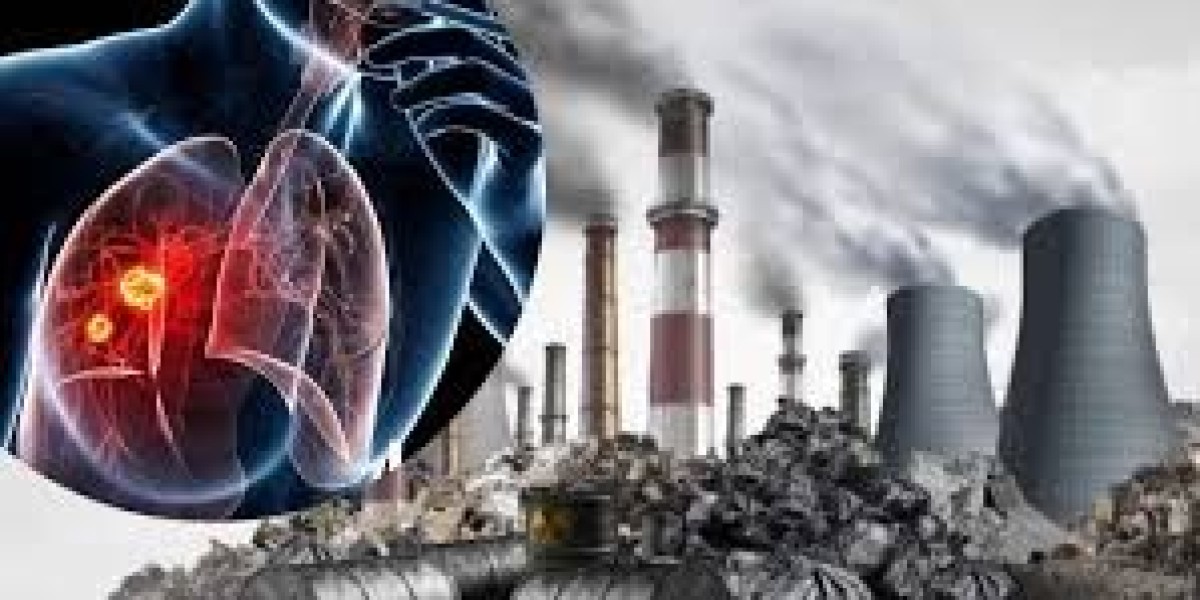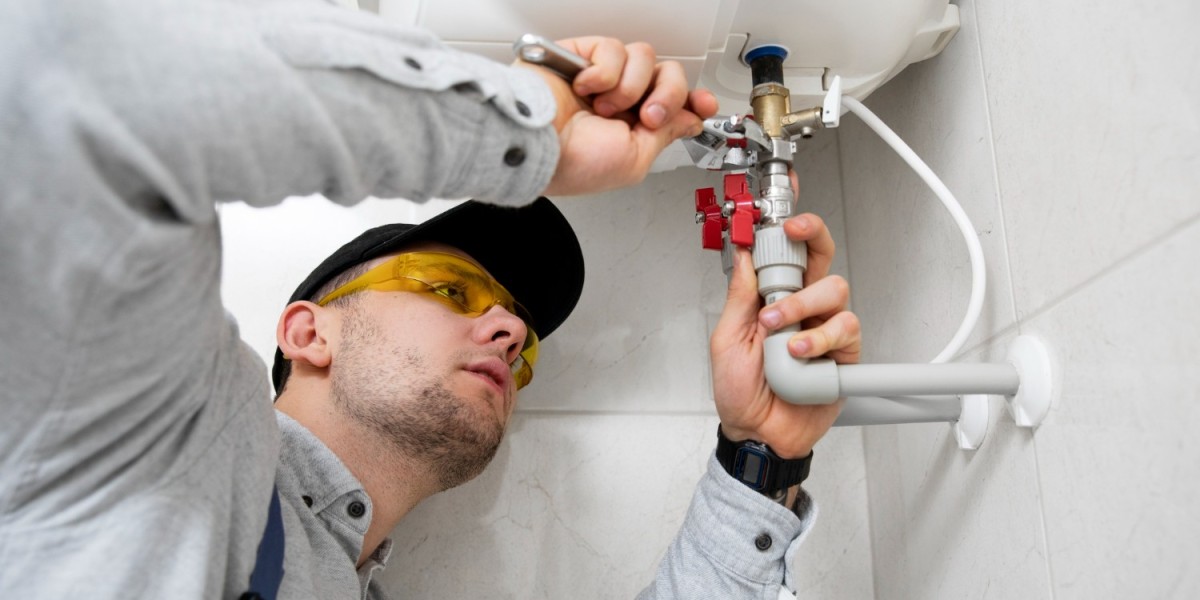Air pollution has become a growing concern worldwide, impacting not only the environment but also human health. Among the many diseases linked to polluted air, Lung Cancer from Air Pollution stands out as one of the most severe and life-threatening conditions.
How Does Air Pollution Cause Lung Cancer?
Air pollution contains harmful particles, such as fine particulate matter (PM2.5), nitrogen dioxide (NO2), and polycyclic aromatic hydrocarbons (PAHs). These microscopic pollutants can penetrate deep into the lungs, causing cellular damage and triggering mutations that may lead to cancer.
High-Risk Areas and Populations
Urban areas with heavy traffic, industrial emissions, and poor air quality are hotspots for air pollution-related health issues. Vulnerable groups, including children, the elderly, and those with pre-existing respiratory conditions, are at an increased risk.
Prevention and Mitigation
Dr. Arvind Kumar, a leading lung health expert, emphasizes the importance of reducing exposure to polluted air. Measures include:
Wearing masks in highly polluted areas.
Using air purifiers indoors.
Advocating for stricter air quality regulations.
Avoiding outdoor activities during peak pollution hours.
By taking proactive steps, you can minimize your risk of developing lung cancer due to air pollution.









